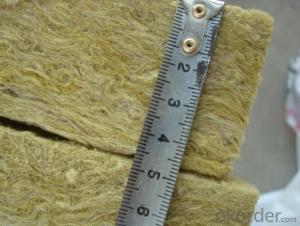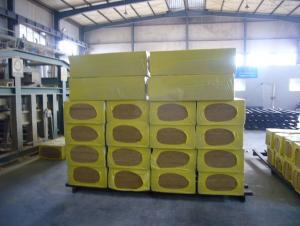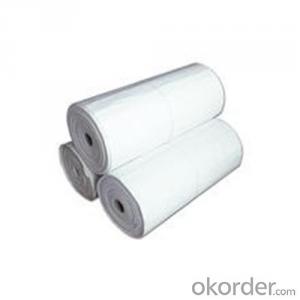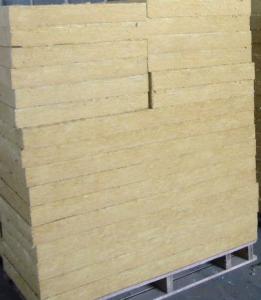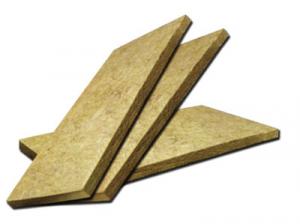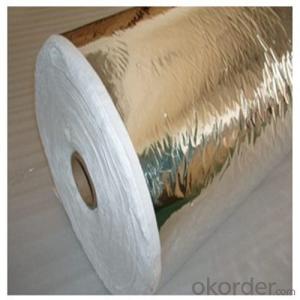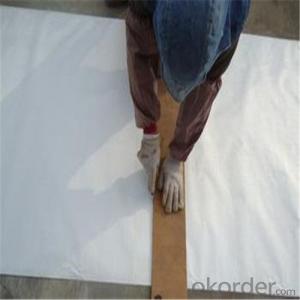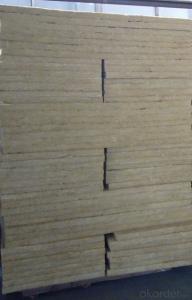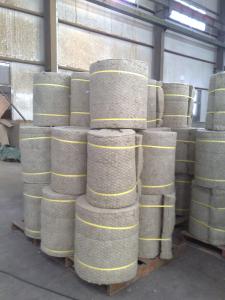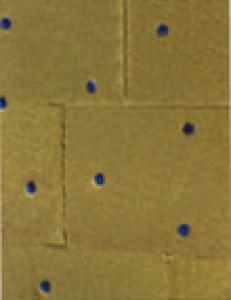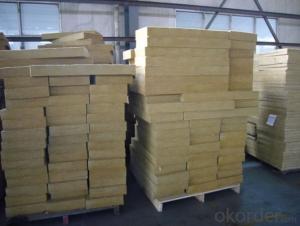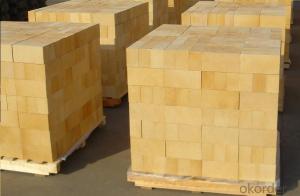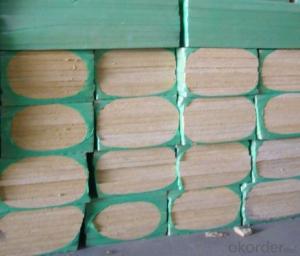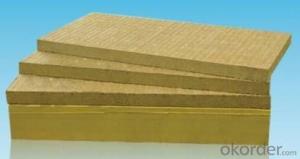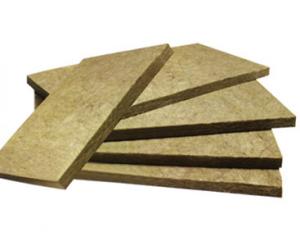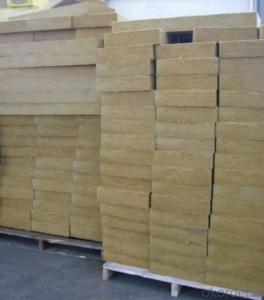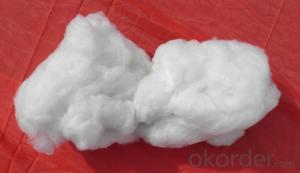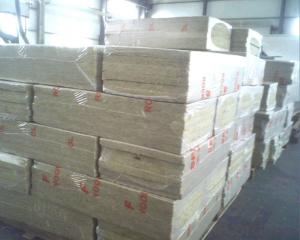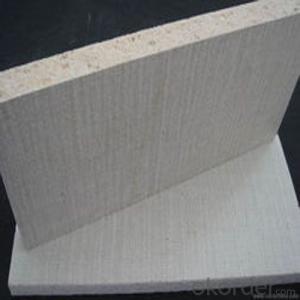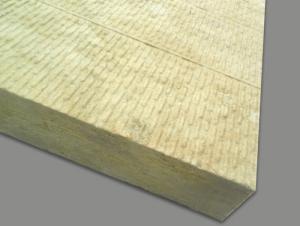All Categories
- - Steel Wire Rod
- - Steel Coils
- - Steel Profiles
- - Steel Pipes
- - Stainless Steel
- - Tinplate
- - Special Steel
- - Steel Sheets
- - Steel Rebars
- - Steel Strips
- - Hot Rolled Steel
- - Cold Rolled Steel
- - Pre-painted Steel
- - Seamless Steel Pipe
- - Welded Steel Pipe
- - Hollow Steel Tubes
- - Galvanized Pipe
- - Stainless Steel Coil
- - Stainless Steel Sheet
- - Stainless Steel Plate
- - Stainless Steel Strips
- - Electrolytic Tinplate Coil
- - Electrolytic Tinplate Sheet
- - Stainless Steel Rebars
- - Solar Panels
- - Solar Water Heater
- - Solar Related Products
- - Solar Inverter
- - Solar Cells
- - Solar Light
- - Solar Energy Systems
- - Solar Controllers
- - Solar Mounting System
- - Solar Pump
- - Solar Chargers
- - Fiberglass Chopped Strand
- - Fiberglass Mesh Cloth
- - Composite Pipes
- - FRP Pultrusion Profiles
- - Fiberglass Mat Tissue
- - Fiberglass Fabrics
- - Fiberglass Mesh
- - Composite Tank
- - Fiberglass Mesh tape
- - Polymer
- - FRP Roofing Panel
- - Fiberglass Roving
- - Monolithic Refractories
- - Ceramic Fiber Products
- - Refractory Bricks
- - Raw Materials For Refractory
- - Suspended Platform
- - Cranes
- - Concrete Machinery
- - Earthmoving Machinery
- - Building Hoist
- - Road Building Machinery
- - Plastic Pipe Fittings
- - Plastic Tubes
- - Plastic Sheets
- - Agricultural Plastic Products
- - Plastic Nets
 All Categories
All Categories
Q & A
Is mineral wool insulation resistant to oil and grease?
Yes, mineral wool insulation is generally resistant to oil and grease.
How does mineral wool compare to expanded polystyrene (EPS) insulation?
Mineral wool and expanded polystyrene (EPS) insulation are both effective insulation materials, but they have some key differences.
Mineral wool is made from natural minerals, typically basalt or diabase, and has excellent fire resistance properties. It is also a good sound barrier and can absorb and release moisture, making it suitable for damp environments. Mineral wool is more environmentally friendly as it is made from recycled materials and can be recycled itself.
On the other hand, EPS insulation is a type of foam made from expanded polystyrene beads. It is lightweight, strong, and has good thermal insulation properties. EPS insulation is resistant to moisture, mold, and pests, making it suitable for various applications. However, it is not as fire-resistant as mineral wool and is not as effective at dampening sound.
In summary, mineral wool excels in fire resistance and sound absorption while EPS insulation is lightweight and has good thermal insulation properties. The choice between them depends on specific requirements such as fire safety, moisture resistance, and environmental impact.
Is mineral wool resistant to earthquakes or tremors?
Mineral wool itself is not specifically resistant to earthquakes or tremors. However, when used as an insulation material in building structures, it can contribute to the overall seismic resistance of the construction. The high density and resilience of mineral wool can help absorb and distribute the seismic forces, reducing the potential damage caused by earthquakes or tremors. Therefore, while mineral wool alone cannot withstand seismic events, it can play a part in enhancing the seismic performance of buildings.
How does mineral wool insulation affect building moisture management?
Mineral wool insulation can positively impact building moisture management as it is hydrophobic, meaning it repels water. This characteristic helps prevent moisture from penetrating the walls and ceilings, reducing the risk of condensation and mold growth. Additionally, mineral wool insulation allows for proper airflow, allowing moisture to escape and maintain a balanced indoor humidity level. Overall, it contributes to a more efficient and effective moisture management system in buildings.
Wholesale Mineral Wool from supplier in Botswana
With our focus on supplying Mineral Wool products to Botswana, we can offer a range of services to meet your needs. Whether you require sales assistance, quotations, or technical support, we are here to assist you every step of the way.
Being a subsidiary of CNBM, a Fortune Global 500 company, we have the resources and capabilities to provide comprehensive Mineral Wool procurement solutions in Botswana. You can rely on us to handle all aspects of your project, from product selection to delivery.
Our extensive range of Mineral Wool products ensures that we can cater to various applications and requirements. Whether you need insulation for buildings, soundproofing solutions, or fire-resistant materials, we have the products to meet your specifications.
In addition to our wide product range, we also bring valuable expertise gained through years of market development in Botswana. Our team understands the local market dynamics and can provide insights and recommendations to ensure the success of your projects.
By choosing us as your Mineral Wool supplier, you can benefit from our experience and industry knowledge. We are committed to delivering high-quality products, excellent customer service, and timely support to help you achieve your goals.
Contact us today to discuss your Mineral Wool requirements in Botswana and let us assist you in making your projects a success.
Being a subsidiary of CNBM, a Fortune Global 500 company, we have the resources and capabilities to provide comprehensive Mineral Wool procurement solutions in Botswana. You can rely on us to handle all aspects of your project, from product selection to delivery.
Our extensive range of Mineral Wool products ensures that we can cater to various applications and requirements. Whether you need insulation for buildings, soundproofing solutions, or fire-resistant materials, we have the products to meet your specifications.
In addition to our wide product range, we also bring valuable expertise gained through years of market development in Botswana. Our team understands the local market dynamics and can provide insights and recommendations to ensure the success of your projects.
By choosing us as your Mineral Wool supplier, you can benefit from our experience and industry knowledge. We are committed to delivering high-quality products, excellent customer service, and timely support to help you achieve your goals.
Contact us today to discuss your Mineral Wool requirements in Botswana and let us assist you in making your projects a success.
Hot Search
- Black Fiberglass Tissue in Kyrgyzstan
- Aluminum Foil Facing in Palau
- Mineral Wool in Tajikistan
- Black Fiberglass Tissue in Bulgaria
- Mineral Wool in Kuwait
- Aluminum Foil Facing in Monaco
- Aluminum Foil Facing in Kiribati
- Aluminum Foil Facing in Samoa
- Black Fiberglass Tissue in Spain
- Black Fiberglass Tissue in Barbados
